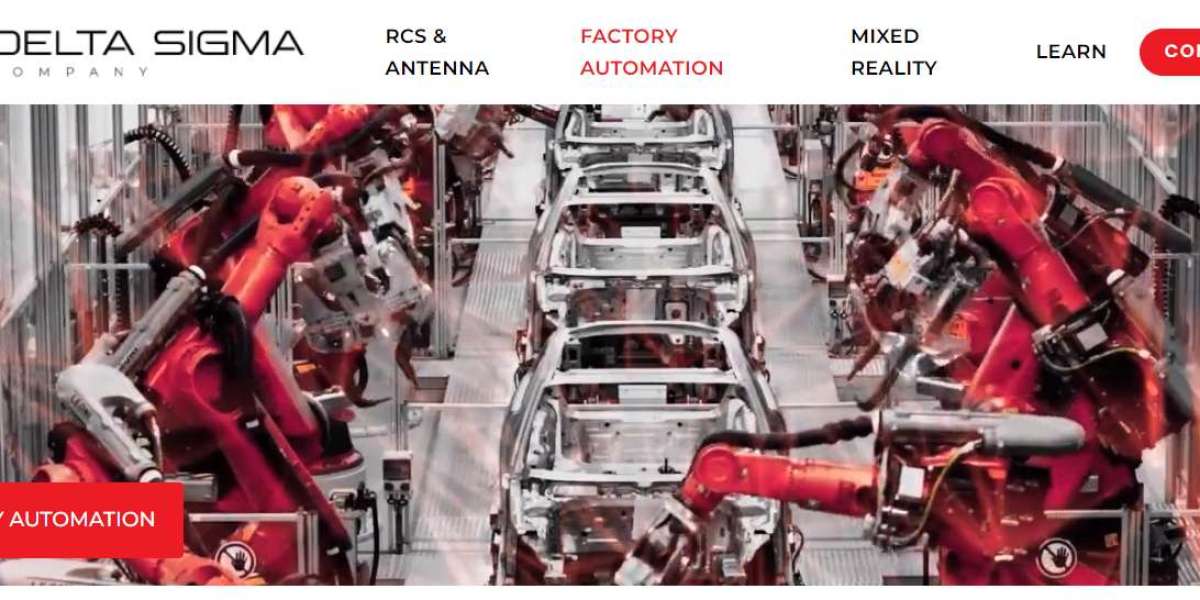Evolution of Industrial Control Systems
Industrial control systems have come a long way since their inception. Initially, control systems relied on mechanical and pneumatic components, gradually transitioning to electrical and electronic systems with the advent of digital technologies. Today, modern ICS technologies encompass a diverse range of hardware and software components, enabling real-time monitoring, automation, and optimization of industrial processes.
Key Advancements in ICS Technologies
Several key advancements have driven the evolution of industrial control systems:
Programmable Logic Controllers (PLCs): PLCs revolutionized industrial automation by providing a versatile and programmable platform for controlling machinery and processes.
Internet of Things (IoT) Integration: The integration of IoT devices into industrial environments enables seamless connectivity and data exchange between sensors, actuators, and control systems, facilitating real-time monitoring and decision-making.
Cloud Computing and Edge Computing: Cloud computing and edge computing technologies offer scalable and flexible solutions for storing and processing vast amounts of data generated by industrial control systems, enabling efficient data management and analytics.
Artificial Intelligence (AI) and Machine Learning (ML): AI and ML technologies empower industrial control systems with predictive analytics, anomaly detection, and autonomous decision-making capabilities, enabling proactive maintenance and optimization of industrial processes.
Benefits of Innovative ICS Technologies
The adoption of innovative ICS technologies offers numerous benefits for industrial organizations, including:
Improved Efficiency and Productivity: Automation and optimization capabilities provided by modern ICS technologies streamline operations, reduce downtime, and enhance overall efficiency and productivity.
Enhanced Reliability and Scalability: Advanced monitoring and control features ensure the reliability and scalability of industrial processes, enabling organizations to adapt to changing demands and market conditions.
Real-time Monitoring and Predictive Maintenance: Real-time monitoring and predictive maintenance capabilities enable organizations to identify and address issues before they escalate, minimizing disruptions and maximizing asset uptime.
Challenges and Considerations
While innovative ICS technologies offer significant advantages, they also present challenges and considerations:
Cybersecurity Risks and Data Privacy Concerns: With increased connectivity come heightened cybersecurity risks and data privacy concerns, necessitating robust security measures and compliance with regulatory requirements.
Compatibility Issues and Legacy Infrastructure: Integrating new technologies with existing systems and legacy infrastructure can be challenging, requiring careful planning and implementation to ensure compatibility and interoperability.
Training and Skill Development: Adopting innovative ICS technologies requires ongoing training and skill development for the workforce to effectively utilize and maintain these technologies, highlighting the importance of investing in employee education and development.
Case Studies
Numerous organizations across various industries have successfully leveraged innovative ICS technologies to achieve significant improvements in efficiency, productivity, and competitiveness. Case studies highlighting these success stories demonstrate the transformative impact of technological innovation on industrial operations.
Future Trends and Predictions
Looking ahead, the future of industrial control systems is characterized by emerging technologies such as 5G connectivity, edge computing, and autonomous systems. These technologies have the potential to further enhance the capabilities of ICS, enabling more efficient, resilient, and autonomous industrial processes.
Conclusion
In conclusion, harnessing innovation in industrial control system technologies is essential for driving industrial progress and competitiveness. By embracing advancements such as IoT integration, AI, and cloud computing, organizations can unlock new opportunities for efficiency, productivity, and growth in the ever-evolving landscape of industrial automation.
FAQs
What are industrial control systems (ICS) and why are they important? Industrial control systems are computerized systems used to monitor and control industrial processes, such as manufacturing, energy production, and transportation. They are important for ensuring operational efficiency, reliability, and security in industrial environments.
How do advancements in ICS technologies improve industrial processes? Advancements in ICS technologies improve industrial processes by enabling automation, optimization, and real-time monitoring of operations. This leads to increased efficiency, productivity, and reliability in industrial operations.
What are the main challenges associated with implementing innovative ICS technologies? The main challenges associated with implementing innovative ICS technologies include cybersecurity risks, compatibility issues with legacy infrastructure, and the need for workforce training and skill development.
What role does artificial intelligence (AI) play in modern ICS? Artificial intelligence (AI) plays a significant role in modern ICS by enabling predictive analytics, anomaly detection, and autonomous decision-making. This enhances the capabilities of industrial control systems and enables proactive maintenance and optimization of industrial processes.
How can organizations stay updated with the latest trends in ICS technologies? Organizations can stay updated with the latest trends in ICS technologies by actively participating in industry conferences, networking with experts and peers, and investing in research and development initiatives. Additionally, collaboration with technology partners and vendors can provide valuable insights into emerging technologies and best practices.
- https://deltasigmacompany.com/factory-automation/



